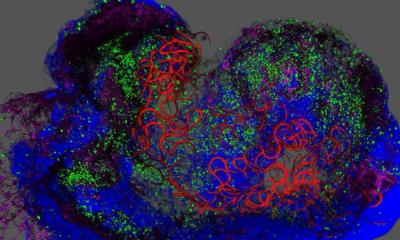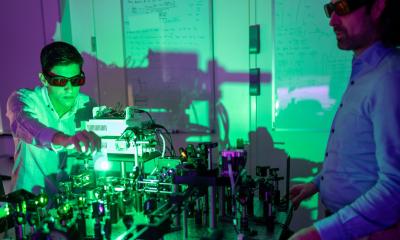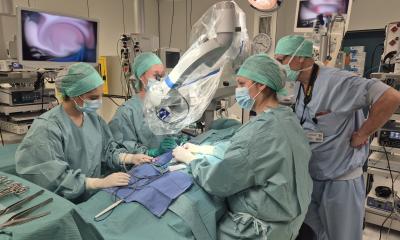Slow frozen liver successfully transplanted
A slow frozen pig's liver has been thawed without damage and successfully transplanted into another pig, according to Israeli scientists (initial results published in Rejuvenation Research, followed by the journal New Scientist).
Working at the Agricultural Research Organisation in Bet-Dagan, the scientists used a much slower freezing system than usual. To reduce the formation of jagged damaging crystals in water inside the cells, they cooled the organ by just 0.3 degrees Celsius per minute. About an hour and a half later, the pig liver was fully frozen. It was then thawed immediately and transplanted into the other animal, next to its own liver. Two hours later, after the recipient was killed, the transplanted liver was checked and found to have regained some signs of blood flow and was producing a bile-like liquid, indicating that some of its functions were working again.
However, it had been working in tandem with the existing liver, and only working for a couple of hours before the examination as to its function. Thus the research could not ascertain whether it could recover all its functions to work independently and keep the animal alive.
If further experiments to test this are successful, the researchers hope that frozen organs could be banked for future transplants
20.12.2008





